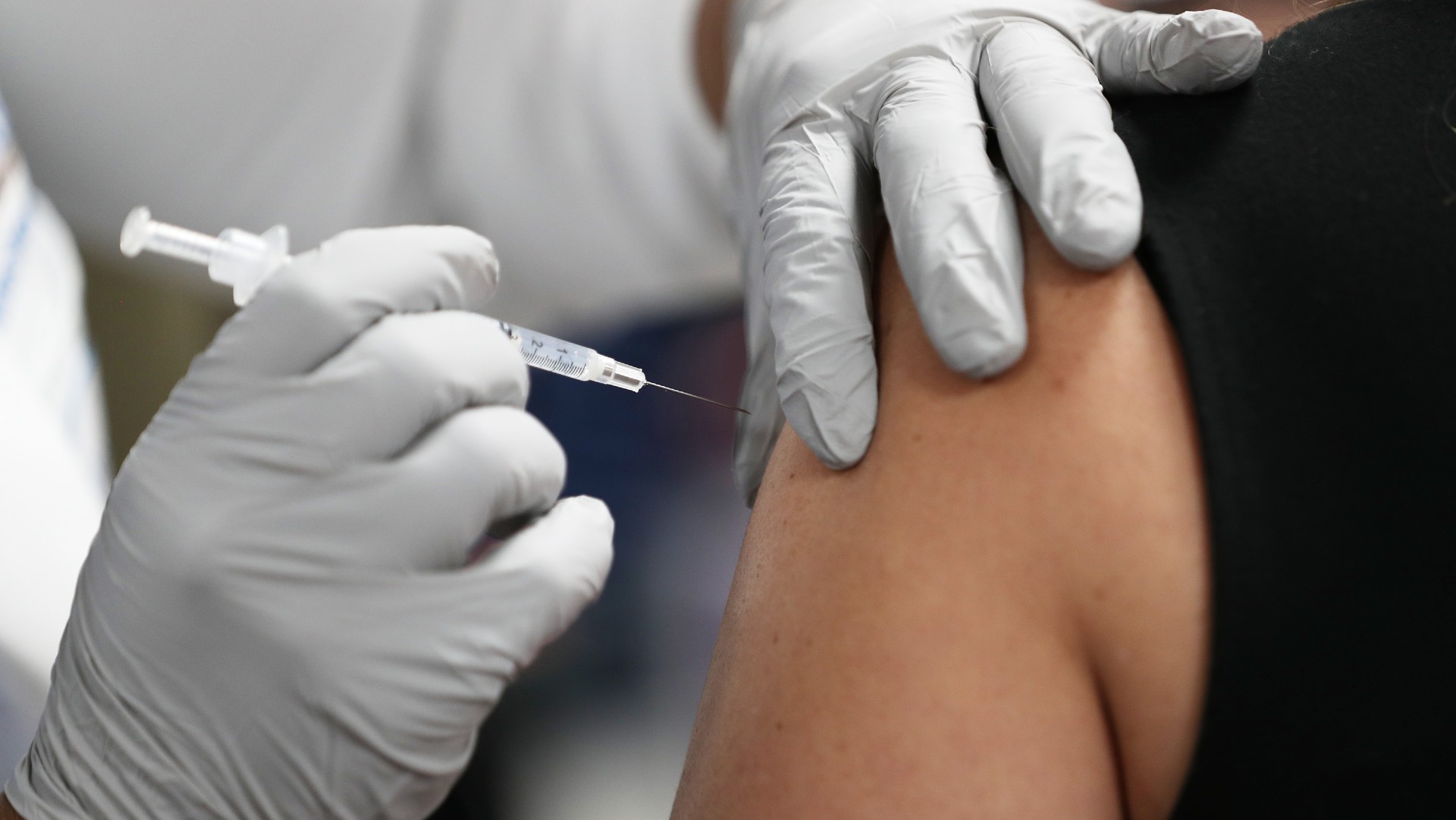Can you build up ‘super-immunity’ to Covid-19?
Researchers in Oregon studied antibodies of fully vaccinated people who had a breakthrough infection

A free daily email with the biggest news stories of the day – and the best features from TheWeek.com
You are now subscribed
Your newsletter sign-up was successful
Catching Covid after two vaccines could develop better immunity – dubbed “super-immunity” – against the virus, according to newly published research.
Although coronavirus vaccines are “very effective” at stopping severe outcomes, it is not uncommon for the double-jabbed to catch the virus and develop mild symptoms, reported The Independent. Researchers at the Oregon Health & Science University found that the immune systems of fully vaccinated people who had later recovered from mild Covid were “significantly better primed to defeat the disease”, said the newspaper.
The study’s senior author, Fikadu Tafesse, an assistant professor of molecular microbiology and immunology, called it “super-immunity”, adding: “You can’t get a better immune response than this.”
The Week
Escape your echo chamber. Get the facts behind the news, plus analysis from multiple perspectives.

Sign up for The Week's Free Newsletters
From our morning news briefing to a weekly Good News Newsletter, get the best of The Week delivered directly to your inbox.
From our morning news briefing to a weekly Good News Newsletter, get the best of The Week delivered directly to your inbox.
The study, published in JAMA, recruited 26 fully vaccinated university staff who had breakthrough infections and matched them by sex, age and time between vaccine doses to a second group of 26 fully vaccinated staff who had not caught the virus.
The increase in antibody levels in the blood of the group that had been infected was “substantial”, said Tafesse, “up to a 1,000% increase and sometimes up to 2,000%”.
The participants were recruited from 31 January to 18 August this year and 24 out of 26 of the people in the breakthrough group had received the Pfizer-BioNTech Covid-19 vaccine. Only ten of them were confirmed as infected with the Delta variant and none were infected with the Omicron variant. The average age of the participants was 38.
Bruce Y. Lee at Forbes thinks the study should be taken with “at least 52 grains of salt”, partly due to the small sample size of participants. “While 52 may seem like a large number when it comes to bowling balls in your pants, it is rather small for a clinical study.”
A free daily email with the biggest news stories of the day – and the best features from TheWeek.com
Another limitation noted by the study’s authors was the difference in time periods from vaccination to serum collection between the breakthrough and control groups. This means the two groups may not have been fully comparable, explained Lee, a professor of health policy. “Your level of immune protection from either the vaccine or an infection is not like a tattoo of Kim Kardashian. It doesn’t stay the same but instead can vary with time.”
Nevertheless, added Lee, the results are not “too super surprising” as the more that immune systems “gets to know the SARS-CoV-2 and all its spikes, the better prepared it can be”.
Dr Gregory Poland, director of the Mayo Clinic’s Vaccine Research Group, told USA Today that the best scenario for an individual was still to have three vaccinations and no infection, as catching the virus carries risks, especially for older or more vulnerable people.